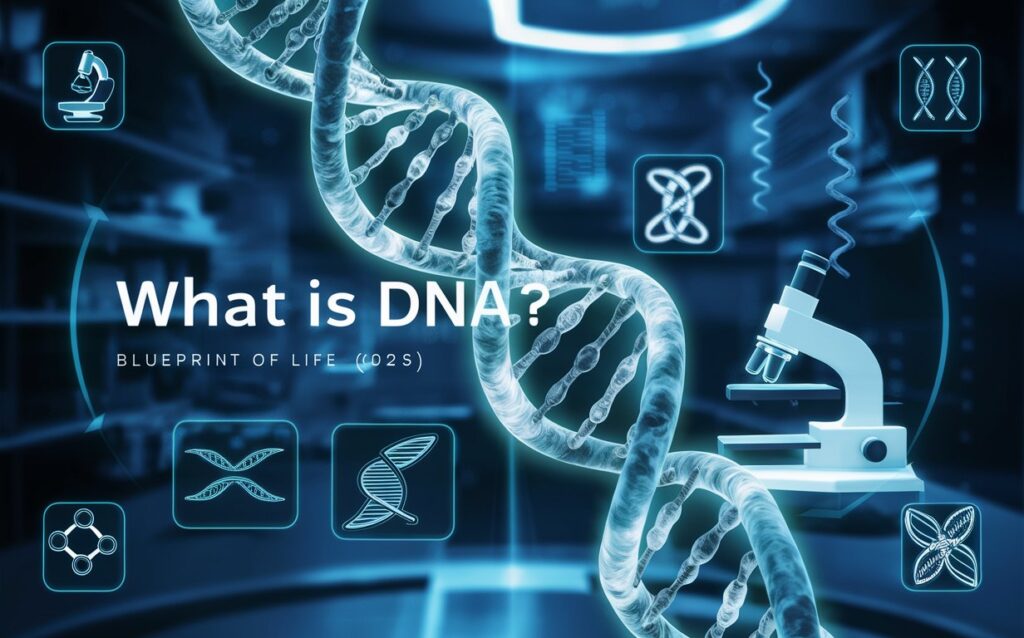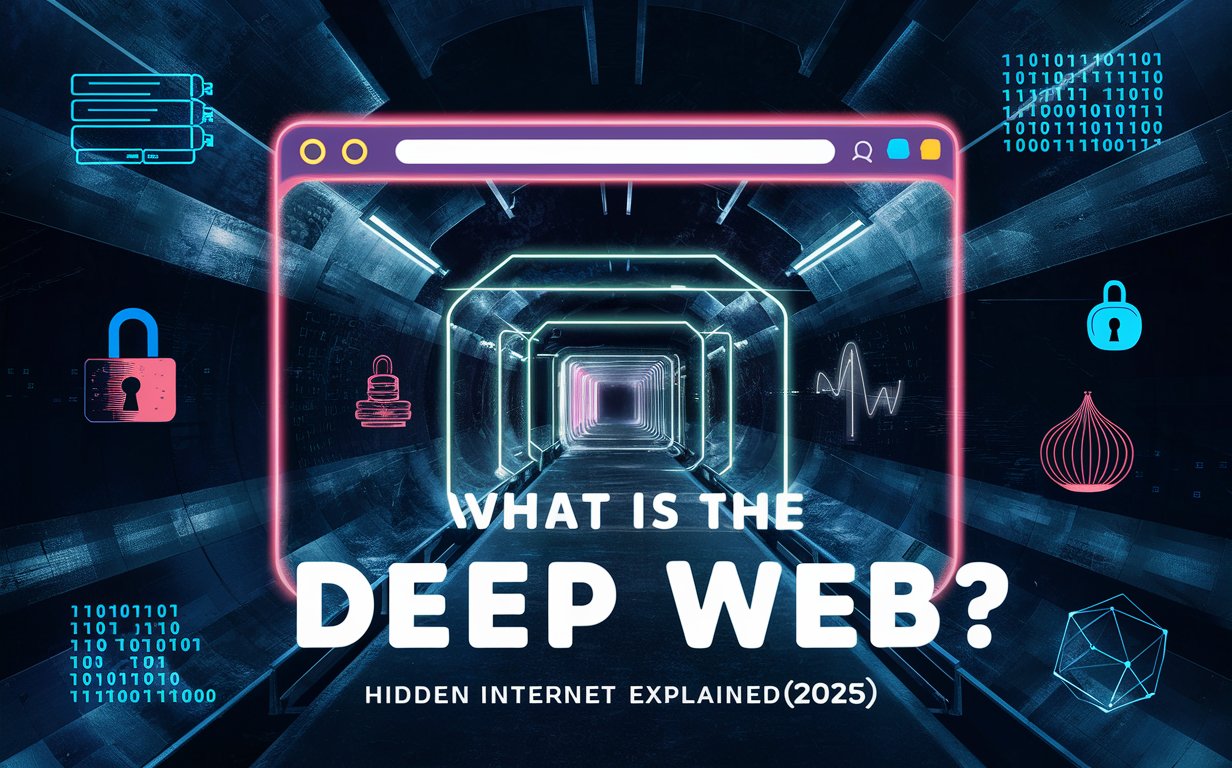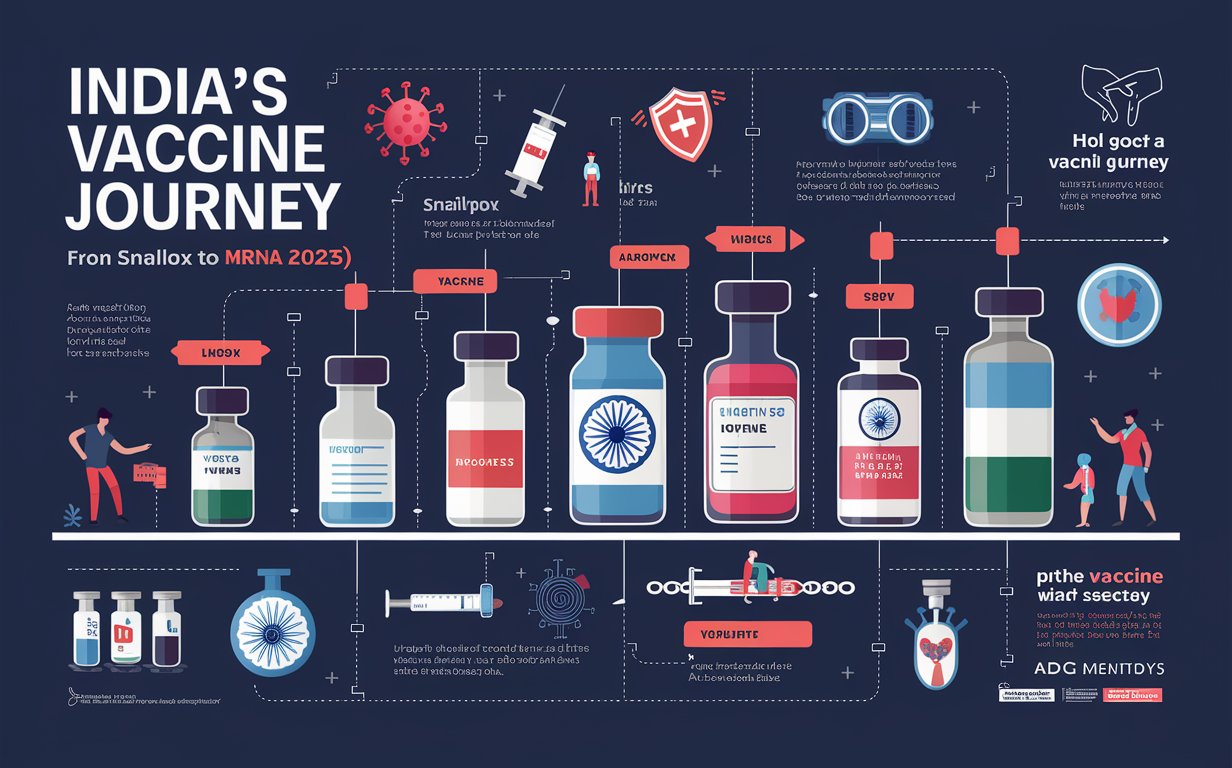🧬 What is DNA? The Blueprint of Life Explained in 2025
DNA, or Deoxyribonucleic Acid, is the master code that defines every living being on Earth. In 2025, DNA is no longer just a scientific term — it plays a massive role in medicine, crime solving, ancestry, and even artificial intelligence. But what exactly is DNA? How does it work? And why is it so important to every living thing?
Let’s unlock the mysteries of the molecule that makes you… YOU. 🧬🔍

🧠 What is DNA?
DNA is a double-helix-shaped molecule made up of four chemical bases — Adenine (A), Thymine (T), Cytosine (C), and Guanine (G). These bases pair up (A with T, C with G) to form the rungs of a twisted ladder.
Every strand of DNA carries genetic instructions that tell your body how to grow, develop, function, and reproduce. It’s your biological instruction manual.
🧬 Where Is DNA Found in the Body?
DNA exists in almost every cell in your body. It’s tightly packed into structures called chromosomes, which are found inside the nucleus of your cells. Humans have 23 pairs of chromosomes, and each cell contains around 3 billion base pairs of DNA!
Just a single cell’s DNA, if stretched out, would be about 2 meters long — yet it’s so compact that it fits inside a microscopic nucleus.
🧑⚕️ Why Is DNA Important in 2025?
In 2025, DNA is changing the world in revolutionary ways:
🔍 1. Medicine and Healthcare
- Personalized medicine uses your DNA to customize treatment plans.
- DNA testing helps detect genetic disorders before birth.
- Scientists use CRISPR gene-editing technology to fix defective DNA and cure diseases like sickle cell anemia and some cancers.
🧬 2. Ancestry and Family Roots
- Home DNA kits allow people to trace their ancestry back hundreds of years.
- Platforms like 23andMe and AncestryDNA have become household names.
🧪 3. Crime Solving and Forensics
- DNA fingerprinting helps police identify suspects even decades after crimes.
- India’s National Forensic DNA Database, launched in 2024, has already helped solve 7,000+ cold cases.
🧑🔬 How Is DNA Tested?
To analyze your DNA, scientists collect samples through saliva, hair, blood, or skin. The DNA is then extracted, amplified, and compared using advanced machines. In India, DNA tests are now available in 1,200+ government and private labs, thanks to rapid biotech growth.
⚠️ Ethical Concerns and Data Privacy
While DNA testing offers immense benefits, it raises serious questions:
- Who owns your genetic data?
- Can employers or insurance companies misuse your DNA profile?
- Should parents alter unborn children’s genes?
To address these, India passed the Genomic Privacy and Ethics Act 2025, regulating how DNA data is stored, used, and shared — including consent and anonymization protocols.
🔬 India’s Role in the DNA Revolution
India is leading in the DNA revolution:
- Genome India Project is sequencing DNA from 1 million citizens to map diseases.
- The IndiGene AI platform uses genetic data for rural healthcare diagnostics.
- DNA-based smart ID cards are being tested for disaster response in flood-prone areas.
With increasing investments in biotech, India is poised to become a global genetic research hub by 2030.
✅ Conclusion
DNA is not just a molecule — it’s your personal blueprint, your ancestry map, and your biological identity. As science evolves, DNA is becoming the core of medicine, justice, and even future technology. Understanding it is no longer optional — it’s essential. 🧬🇮🇳💉
DoFollow External Links
Internal Links



Post Comment